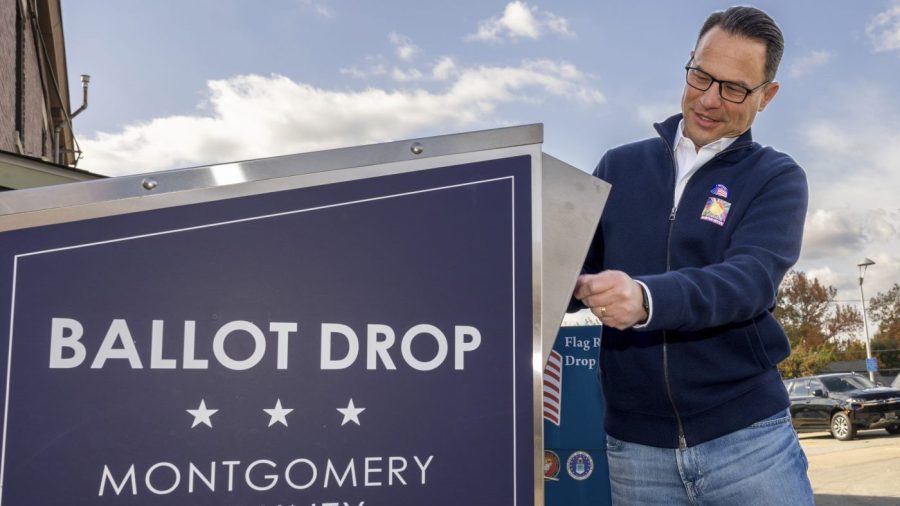[ad_1]

Don’t expect to know the winner of this year’s elections on Election Day. Election officials are lowering expectations, saying you’ll just have to wait a while.
Michigan Secretary of State Jocelyn Benson has said her state won’t know its election results until the day after the election. Maricopa County, Ariz. election officials have warned it will take them 10 to 13 days to count all the ballots. The Associated Press is already cautioning that highly competitive races in Nevada may not be called on Election Night. Pennsylvania Secretary of State Al Schmidt has told voters to not expect results on Election Day.
Things worked better once. Once, we had the results and then went to bed. Now we have Election Month, with officials warning Americans to prepare themselves for weeks of uncertainty afterward. How did this happen?
These delayed results are driven primarily by mass mail-voting. Specifically, how states’ laws relate to the acceptance and tabulation of mail-in ballots.
There are 17 states that accept mail ballots that arrive after Election Day. Some even accept ballots that arrive up to two weeks late. When a state allows ballots to roll in for days after an election, results will be delayed for days.
For instance, Nevada, a key presidential and Senate battleground, accepts ballots that arrive four days after Election Day. We probably won’t be able to call any competitive races until then.
Not only does accepting mail ballots that arrive after Election Day lead to delays in election results, but it also violates federal law. Congress passed a law that created a single national Election Day, to be held on “the first Tuesday after the first Monday in November of every even-numbered year.”
The Fifth Circuit Court of Appeals affirmed this on Oct. 25, ruling that federal law does not permit a state “to extend the period for voting by one day, five days, or 100 days.” A similar federal lawsuit in Nevada is currently before the Ninth Circuit Court of Appeals, but these cases are for the future — they won’t apply to the 2024 election, no matter how they are decided.
Delayed canvassing also delays results. Some states like Florida, for instance, begin canvassing of absentee ballots ahead of time — they don’t wait until after the election. It works well. Florida law also criminalizes any leaks about the vote count. In 2022, Florida managed to call all its House, Senate and gubernatorial races within two hours of polls closing. Election Day still means something in Florida. Other states should take note.
Congress wanted a single day when we would all know the election was over. Endless elections were not what Congress had in mind.
In 2022, the last Senate and gubernatorial races were called only on Nov. 23, 15 days after the election. The House of Representatives was worse — the final House race was not called until Dec. 13, 35 days after Election Day. Expect similar delays again this year.
We have to restore the “day” in Election Day so we can restore trust in the process.
J. Christian Adams is the president of the Public Interest Legal Foundation, a former Justice Department attorney and current commissioner on the U.S. Commission for Civil Rights.
[ad_2]
Source link

